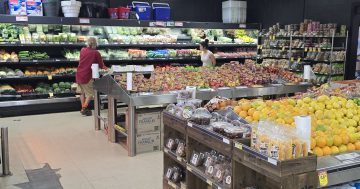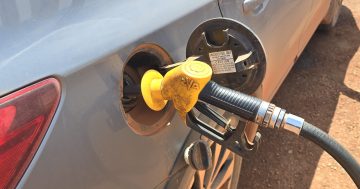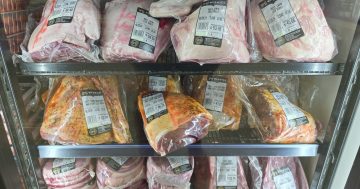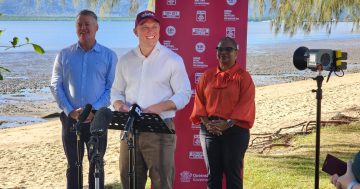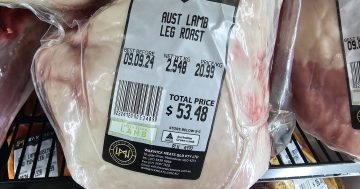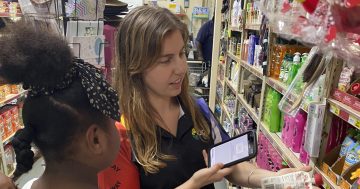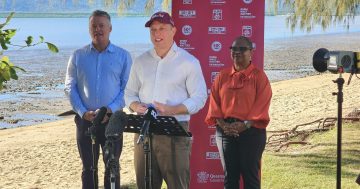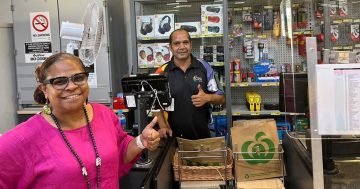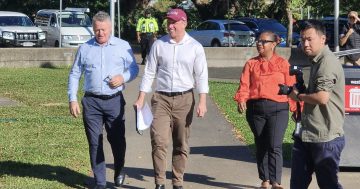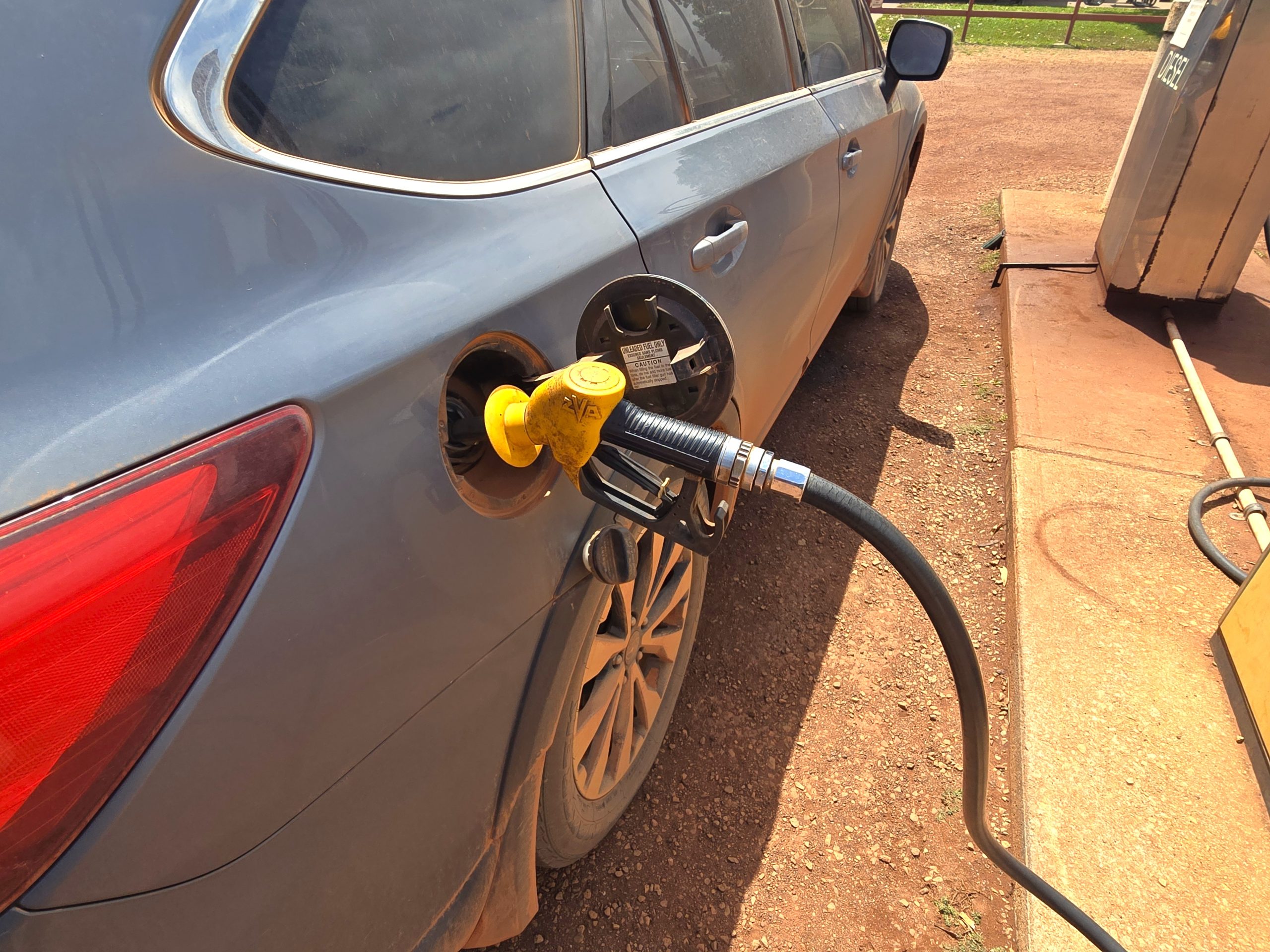
Editor Lyndon Keane says it is extremely disappointing the latest attempt to curb crushing remote cost of living pressures – this time by the Federal Government – still ignores everyday essentials like fuel, clothing and whitegoods. Photo: Cape York Weekly.
I don’t want to be branded an ungrateful pessimist, but I can tell the Federal Government right now its new Low-Cost Essentials Subsidy Scheme (LCESS) will do nothing to lessen the ridiculous cost of living pressures crippling Cape York and Torres Strait residents.
The government announced the scheme on 4 August, with 10 Cape York and 20 Torres Strait stores so far signed up to reduce the cost of 30 essential grocery items “so they are comparable to prices in cities”. In a media release last week, the government said the expected savings for remote consumers would be up to 50 per cent.
I understand the intent of what the government is attempting to achieve with the subsidy, but I do wonder just how much consultation was done outside the Canberra bubble and with stakeholders who don’t hold remote supermarket monopolies – you know, those of us who cringe every time we pull our wallet out at the checkout. It would have taken less than 30 minutes’ consultation with people who call Cape York and the Torres Strait home to determine the LCESS is destined to end up making no discernible difference to our cost of living.
They say if it looks like a duck, swims like a duck and quacks like a duck, it’s probably a duck, and the LCESS is the spitting image of the Remote Communities Freight Assistance Scheme, which has done little in practical terms after being unveiled by the former Steven Miles-led Labor state government in early 2024.
The single point of failure with both schemes is that they fail to address the financial burden of everyday items our well-paid politicians and policy advisers don’t seem to consider essentials – things like fuel, whitegoods and clothing.
When you’re paying up to $3 per litre to get from point A to point B, and having to sell organs to get household furniture and appliances freighted to our communities – especially by a certain sea freight operator who shall remain nameless – the few dollars you’re saving at the supermarket each shop quickly disappear.
As an example, on a Northern Peninsula Area trip last year, I saved $2.25 at the Bamaga store, but 10 minutes later spent nearly $200 filling my vehicle at the service station. My supermarket saving didn’t even cover the cost of a litre of go-go juice.
Have both our Canberra and Brisbane political overlords decided that effecting genuine cost of living relief in one of the remotest parts of Australia is just too hard?
Queensland Minister for Transport and Main Roads Brent Mickelberg told this publication in February the new Liberal National Party government was reviewing the efficacy of its predecessor’s freight subsidy, however, it has been utter crickets since, which makes a cynical newspaper editor suggest it’s been flagged as a low priority when compared to getting voters excited about the billions being spent on infrastructure for the 2032 Olympic Games.
We’re way beyond supermarket and freight subsidies having a marked impact on the social and financial wellbeing of Cape York and Torres Strait residents.
It’s time for Leichhardt MP Matt Smith and his state counterpart, Member for Cook David Kempton, to go to Prime Minister Anthony Albanese and Premier David Crisafulli and demand something like a special economic zone be considered for a part of the country that gives so much in terms of resources and royalties, yet seems to be the perpetual bridesmaid when it comes to getting anything remotely beneficial in return.


